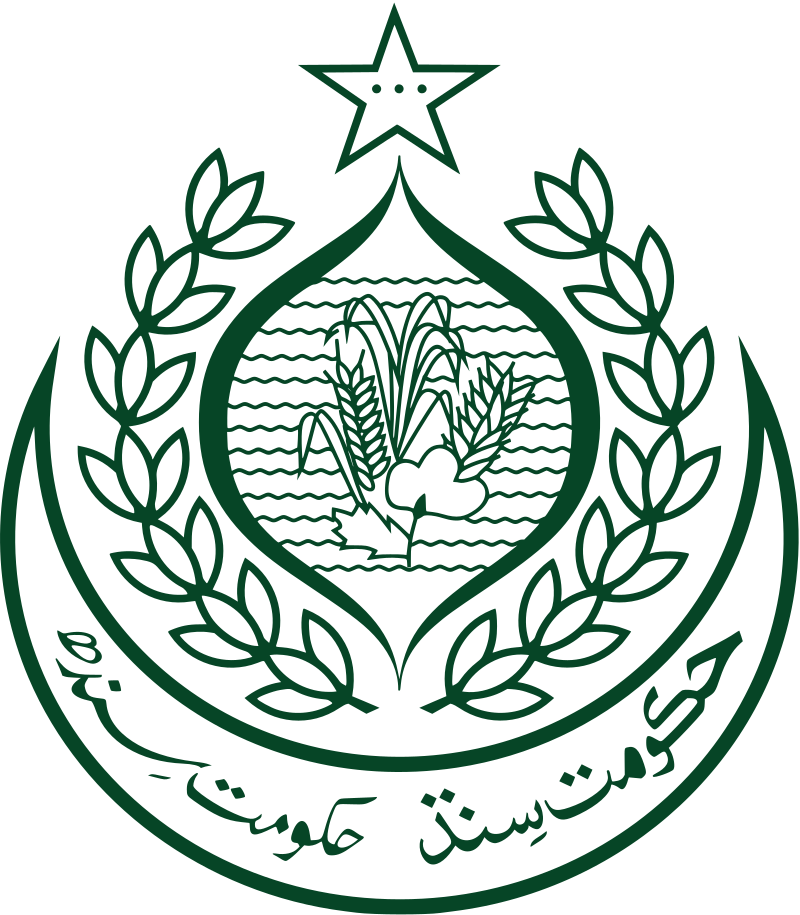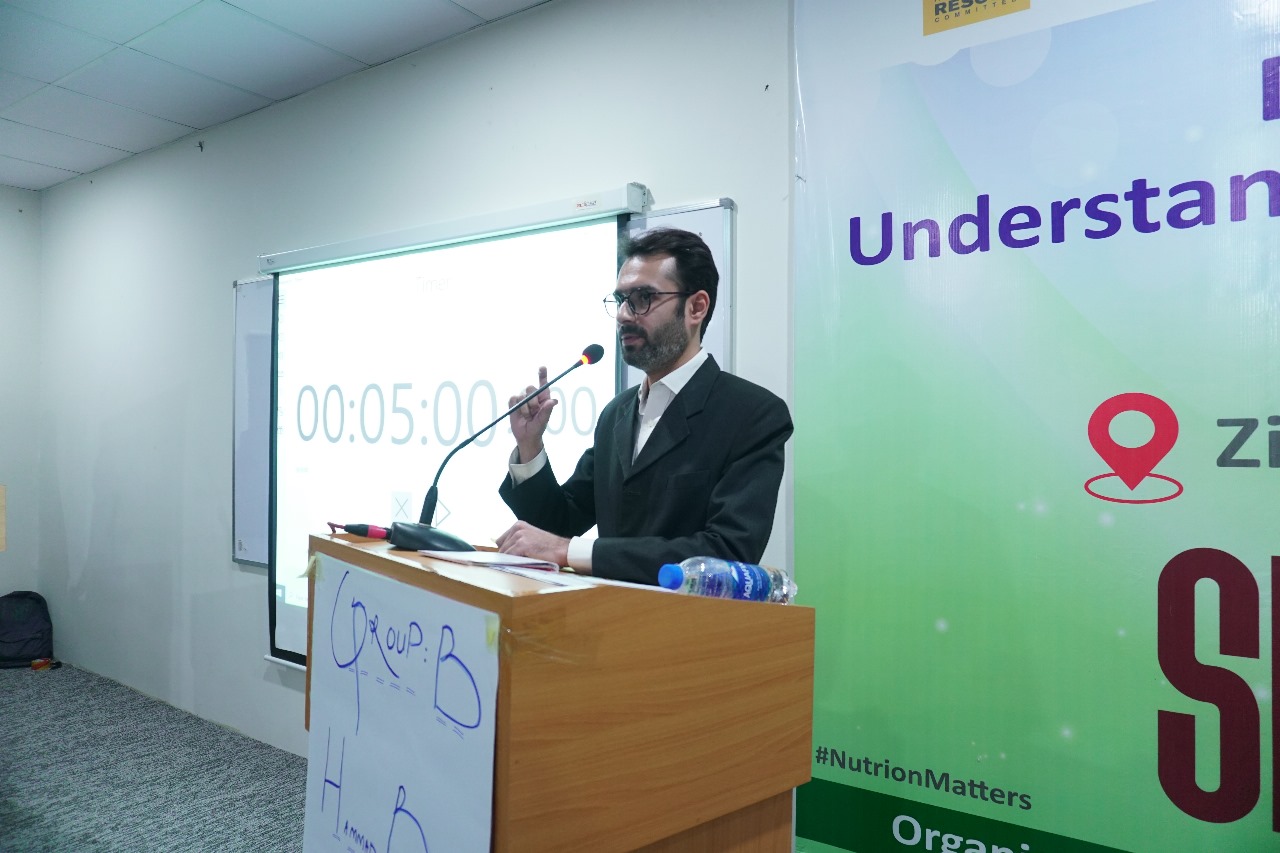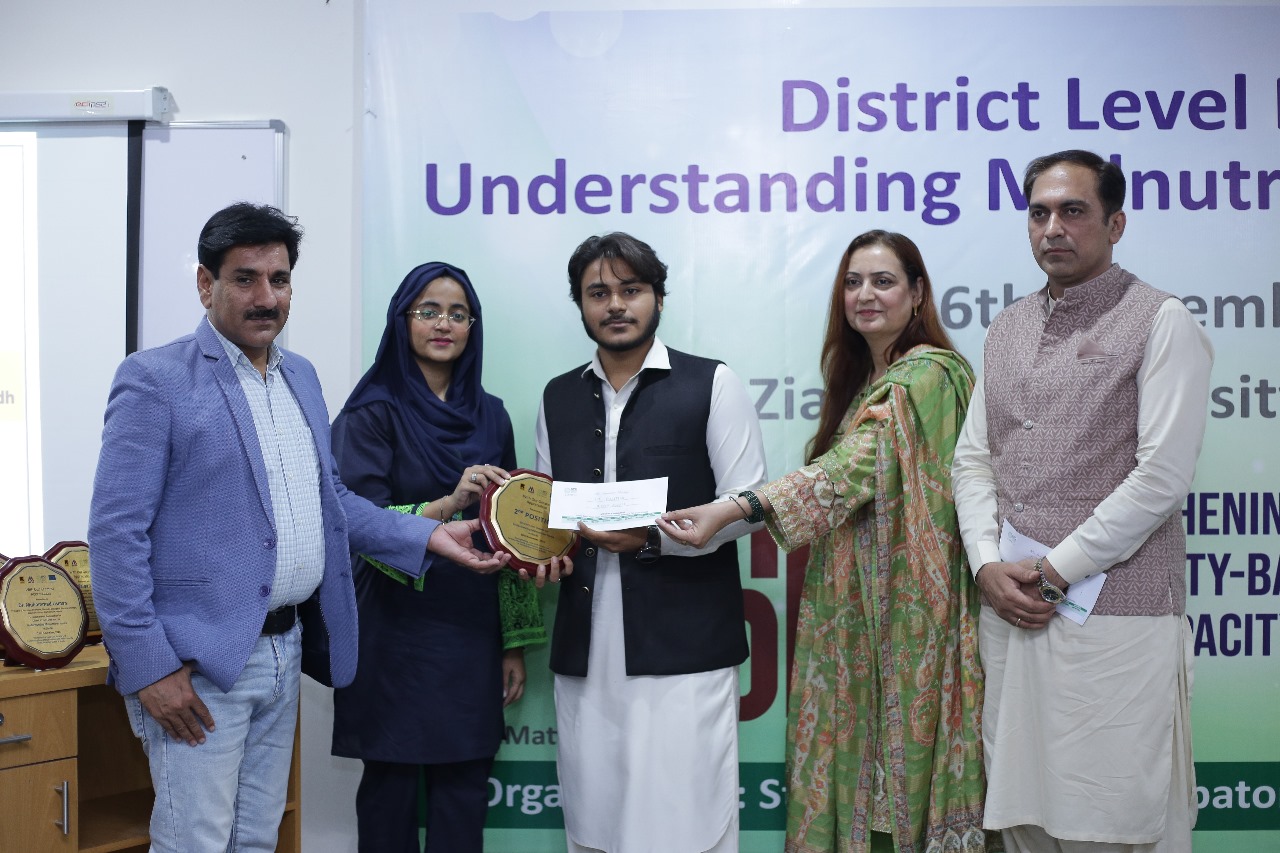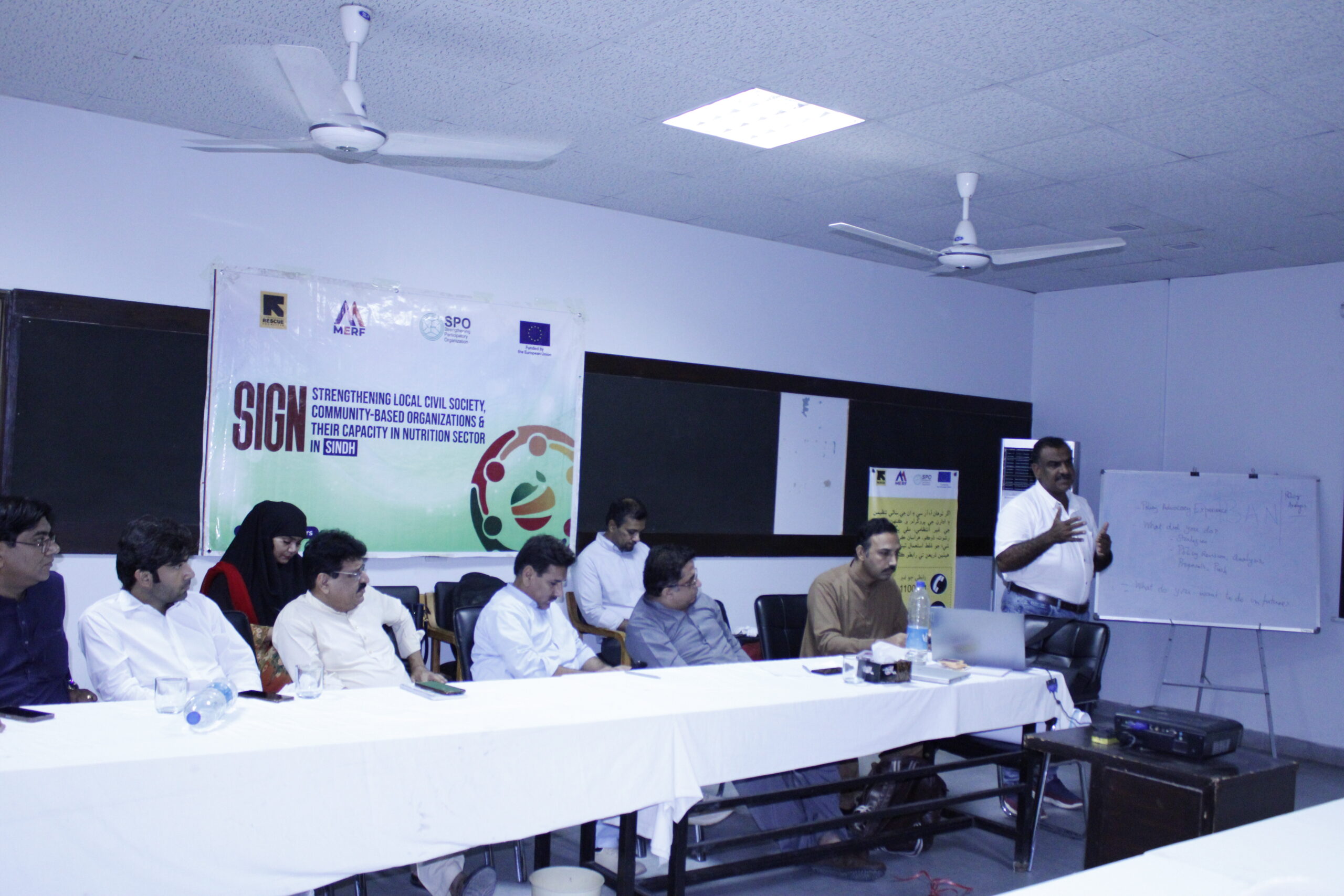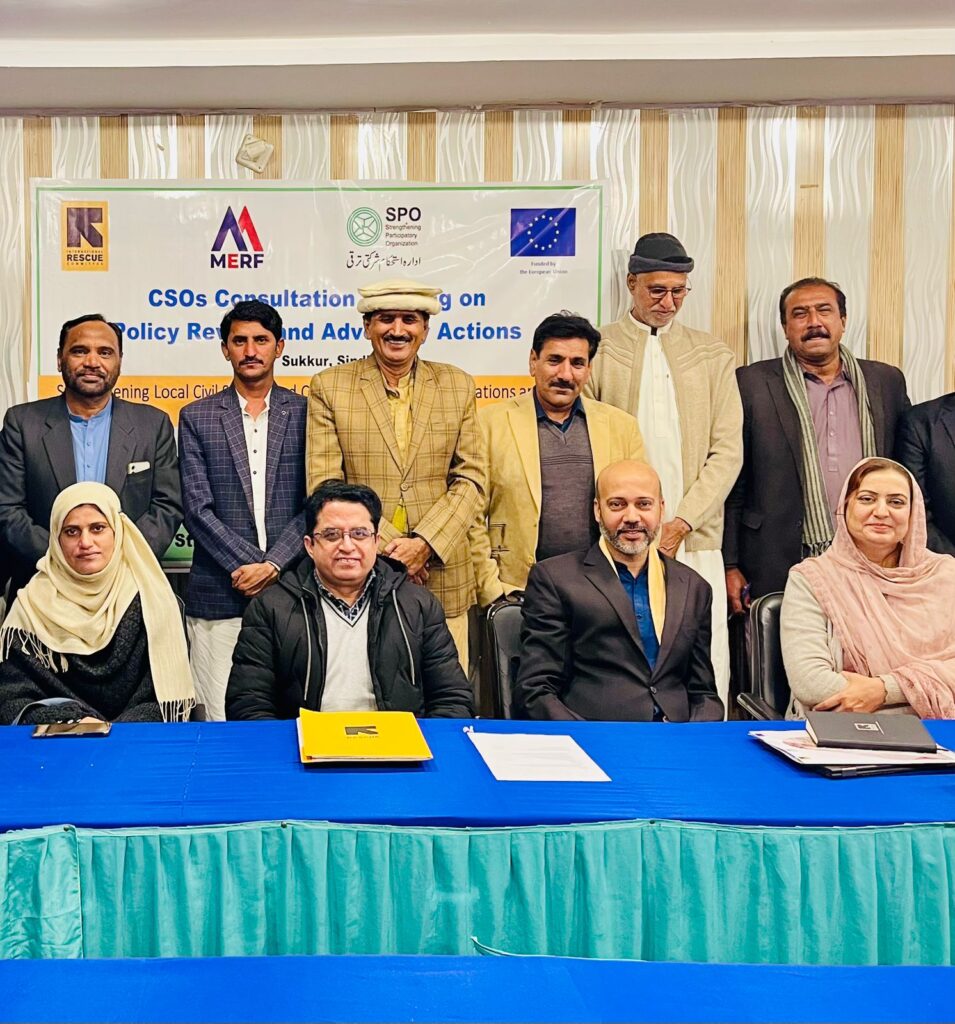
Three-Day Capacity Building Workshop on Effective Policy Dialogues
Three-Day Capacity Building Workshop on Effective Policy Dialogues was designed to enhance the capacity of Civil Society Organizations (CSOs) and the Medical Emergency Resilience Foundation (MERF) to effectively engage in nutrition policy advocacy. Held in various districts of Sindh, including Sukkur, Khairpur, Kashmore, Naushahro Feroze, and Ghotki, this workshop aimed to equip local leadership with the tools to drive advocacy strategies for nutrition and to strengthen their involvement in policy dialogue training in Sindh. Participants, including members of the District Coordination Committee on Nutrition (DCCN), gained valuable skills in policy advocacy and were introduced to the core principles of leadership in policy advocacy, focusing on leadership in policy advocacy.
The workshop emphasized the importance of community-driven nutrition solutions, exploring the various approaches that CSOs can take to influence nutrition-related policy. Participants developed a deeper understanding of policy processes and analysis, learning how these processes can be leveraged to improve mother and child nutrition governance. Through practical exercises and group discussions, attendees learned how to conduct organizational assessments such as SWOT analyses, facilitating better inter-organizational coordination. This was vital for DCCN capacity building in Sindh, allowing local stakeholders to collaborate more effectively in the pursuit of common nutrition objectives.
Moreover, the workshop aimed at fostering sustainable nutrition policy implementation by providing actionable insights on how to maintain long-term changes in the community’s health policies. These efforts were specifically focused on creating policies that align with the broader nutrition goals for women and children, laying the groundwork for lasting improvement in nutrition outcomes across the region.
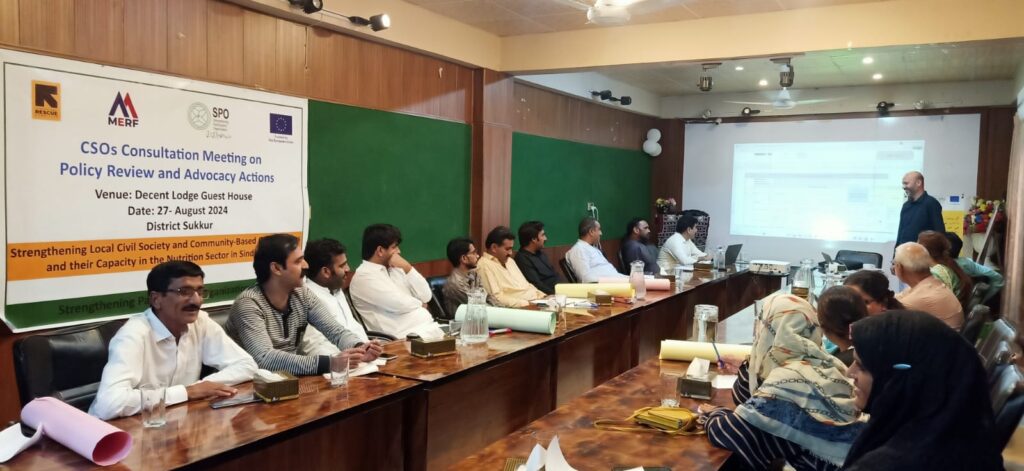
Nutrition Policy Advocacy Sindh: Efforts aimed at influencing and promoting the development, implementation, and improvement of nutrition policies in Sindh. These advocacy activities help ensure that nutrition policies are aligned with the needs of vulnerable populations, particularly women and children, and are effectively enforced across the province.
CSO Capacity Building Nutrition: The process of strengthening the skills, knowledge, and resources of Civil Society Organizations (CSOs) to engage effectively in nutrition policy advocacy, program delivery, and community-based interventions. This includes training in leadership, policy analysis, and advocacy strategies, enabling CSOs to play a crucial role in improving nutrition outcomes.
Policy Dialogue Training Sindh: Training programs aimed at improving the ability of stakeholders, including CSOs, to engage in policy dialogues about nutrition-related issues. These sessions focus on equipping participants with the skills needed to effectively discuss and advocate for changes in nutrition policies with government officials and other decision-makers.
Advocacy Strategies for Nutrition: Plans and approaches developed to influence public policy and bring about changes in nutrition governance and practices. These strategies include mobilizing stakeholders, utilizing data to support policy recommendations, and engaging in direct lobbying and advocacy efforts at both district and provincial levels.
Mother and Child Nutrition Governance: The systems, structures, and processes that ensure nutrition policies and programs effectively target the nutritional needs of mothers and children. This governance focuses on promoting policies that ensure the health and nutrition of mothers and children, which is essential for breaking the cycle of malna
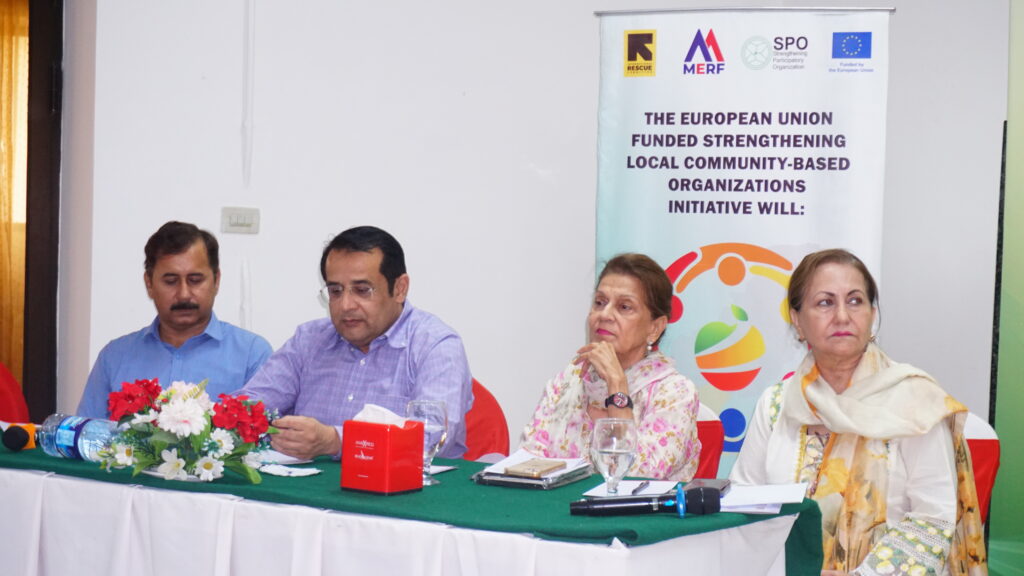
Leadership in Policy Advocacy: The role of effective leadership in guiding and directing advocacy efforts for nutrition policy changes. This involves inspiring, coordinating, and motivating others to participate in policy advocacy and ensuring that advocacy actions are strategically aligned with broader nutrition goals.
Interactive Policy Workshops Sindh: Workshops designed to engage stakeholders in hands-on, practical learning about nutrition policy advocacy. These workshops focus on enabling participants to develop skills in policy analysis, planning advocacy actions, and fostering collaboration among different sectors involved in nutrition work.
Community-Driven Nutrition Solutions: Nutrition interventions and strategies that are designed based on the input, needs, and priorities of local communities. This approach ensures that solutions are tailored to the local context and are more likely to be effective in addressing the specific nutritional challenges faced by the community.
DCCN Capacity Building Sindh: Training and development efforts aimed at strengthening the capacity of the District Coordination Committee on Nutrition (DCCN) to address malnutrition. This involves enhancing their ability to coordinate nutrition interventions, advocate for nutrition-related policies, and work collaboratively with other stakeholders.
Sustainable Nutrition Policy Implementation: Efforts to ensure that nutrition policies are not only developed but also effectively implemented over the long term. This includes creating mechanisms for monitoring and accountability, ensuring that policies are adapted as needed, and fostering continued collaboration to achieve sustained improvements in nutrition outcomes.

